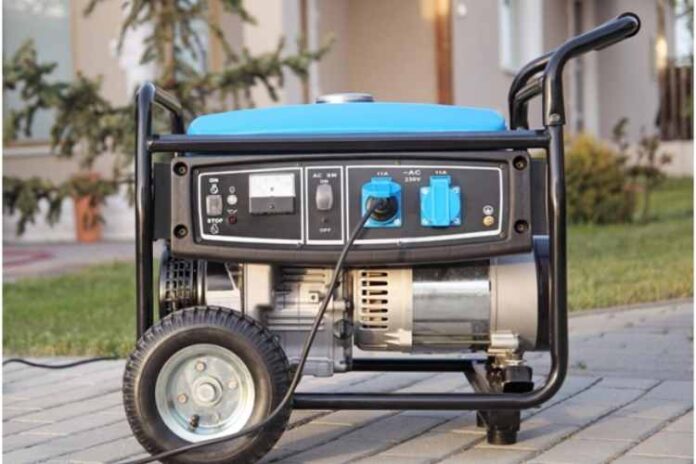Power outages are unfortunately common in the US. They occur in every state and the average household endures around eight hours of power loss in any given year.
The average doesn’t necessarily mean you should only plan on having eight hours of loss in a given year. If a major weather event or natural disaster occurs in your area, you may find yourself without power for much longer.
Homeowners with an eye on keeping their household running during normal or disaster-related outages often invest in generators. Even after buying one, you might ask, “How long can you run a generator?” Keep reading for a breakdown of the different generator types and how long you can expect to run one.
Types of Generators
The idea of generators at home might make you feel better, but there are a couple of main types of generators to choose from. There are two many categories of generators out there: standby and portable.
Standby generators tie directly into your electrical system. When interruptions occur in your local grid, the generator kicks on and starts supplying power to your home. This kind of generator is typically a whole house generator.
With portable generators, you must typically connect the generator to the electrical system after you lose power. Then, you turn the generator on to supply power to some or all of your home.
Subtypes
There are many subtypes of generators within the two categories. The common subtypes include:
- Inverter
- Diesel
- Gasoline
- Propane
- Natural gas
- Solar
The fuel source is the main difference and can offer different pros and cons, which we’ll cover next.
Fuel Supply
One of the biggest decisions you’ll face with your generator is the fuel. Running your generator can keep you supplied with power only as long as the fuel holds out.
Natural gas generators tap into the local utility system but may fail completely if a disaster disrupts those utilities. Gas and diesel work fine, but you may struggle to find fuel for them during a disaster. Solar is hit or miss depending on location and weather.
Propane is often the most reliable source since it remains stable for a long time and you can get a tank installed on your property.
How Long Can You Run a Generator?
This question is really shorthand for, “How long can you run a generator continuously?” With standby generators, the standard recommendation is that you only run it for a two-week to three-week period.
Most portable generators will run from around 10 hours to around 18 hours before they need a break. After 100 hours, they need fresh oil.
Running Your Home Generator
Most power outages don’t last more than a few hours, which makes the how long can you run a generator question moot. Pretty much any generator can produce electricity for a few hours without trouble.
For major outages that last for days, a standby generator will do the trick better if you can keep it fueled. Even a portable generator can provide you with some electricity for 10 to 18 hours at a time.
Looking for more tech and real estate tips? Check out our Real Estate and Technology sections.


























